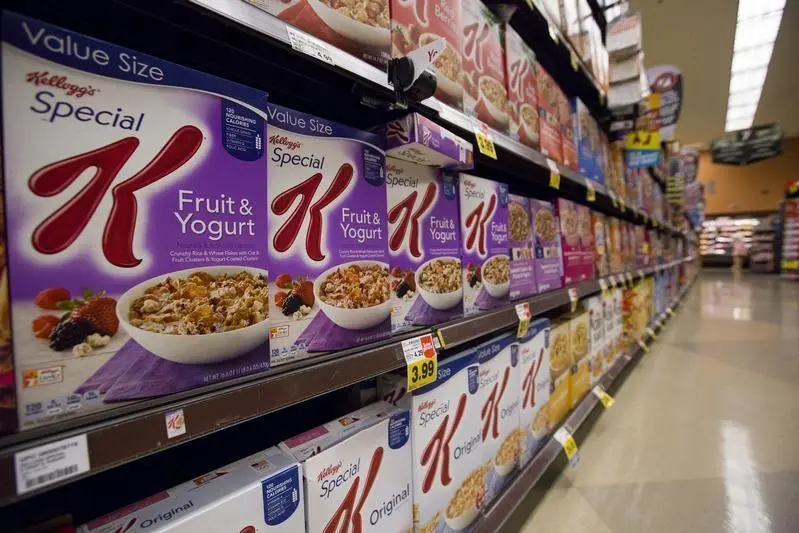PHOTO
Thursday, Jun 23, 2016
Dubai: Food companies in the International Food and Beverage Alliance (IFBA) within the GCC have agreed to phase out all industrially produced trans-fatty acids (TFAs) by the end of 2018.
They include companies such as General Mills, Kellogg Company of Great Britain Limited (Dubai Branch), Mars, Mondeleez International, Nestlé Middle East, PepsiCo, The Coca-Cola Company and Unilever — GCC-based member companies of IFBA.
What are transfats and why are they such a threat to health?
Dr Juliot Vinolia, clinical nutritionist with Medeor 24/7 hospital, Dubai, explained: “TFAs are saturated fats. Those are found naturally in dairy products such as meat and milk and in this form, they are safe to be consumed in moderation. The culprits are the TFAs artificially added by the food and beverage industry by pumping hydrogen molecules to solidify liquefied vegetable oil [that helps the product gain a long shelf life]. These partially hydrogenated oils (PHAs) are one of the reasons for the growing epidemic of lifestyle or non-communicable diseases such as high cholesterol, high triglycerides, that lead to clogging of the arteries and eventually contribute to the quantum rise in cardiovascular diseases.”
The World Health Organisation (WHO) is following a worldwide commitment to phase out industrial trans-fats by 2018 and the IFBA companies are honouring that commitment. The WHO Global Action Plan for the Prevention and Control of Non-Communicable Diseases, 2013-2020, calls on Member States to implement policies to replace industrially produced TFAs with unsaturated fats.
The IFBA members have agreed on a common global objective to reduce TFAs in their products to nutritionally insignificant levels (less than 1 gram of trans-fat per 100 grams of product) worldwide by the end of 2018 at the latest. But this is a tall challenge as practically every tinned, packed and frozen food uses trans-fatty acids to prolong shelf life.
The reduction of transfats in a food product could potentially alter its shelf life status and this is at the crux of why this change will be a challenge for food manufacturing companies.
Dr Vinolia explained: “Traditionally, fat and sugar have been used as preservatives in the food industry for many years as these are what give products a long shelf life. Some brands of meat burgers, for instance, can be preserved in the frozen state for up to four years. Any processed or packaged food with a shelf life of more than three months is likely to have trans-fat in it,” she said.
Therefore, for food companies the trick lies in being able to find a substitute to PHAs and other TFAs, to ensure longevity for their products.
In the GCC, IFBA member companies have been voluntarily reformulating their products to remove partially hydrogenated oils — the major source of transfats in processed foods — and increasing the use of healthier fats, such as mono- or polyunsaturated fatty acids. This is part of their ongoing effort towards continuous product reformulation for healthier options including reduction of salt, saturated fat, sugar, smaller portion sizes, and provision of product alternatives with lower calories.
Earlier this year, the member companies also launched an enhanced version of their existing GCC Pledge on Responsible Food and Beverage Marketing to Children, first adopted in 2010. These companies do not direct any marketing communications to children below 12 years old, except for products that fulfil specific nutritional criteria based on sound scientific evidence. In addition to a commitment on no direct marketing to children, the other commitments include: providing nutrition information to consumers, including implementing fact-based nutrition labelling, and promoting healthy diets and lifestyles.
Popular supermarket foods with TFAs
1. Sausage
2. Tinned nuts
3. Chips
4. Cream and cheese spreads
5. Heat-and-eat food items
6. Health snack bars
Staff Report
Gulf News 2016. All rights reserved.





















